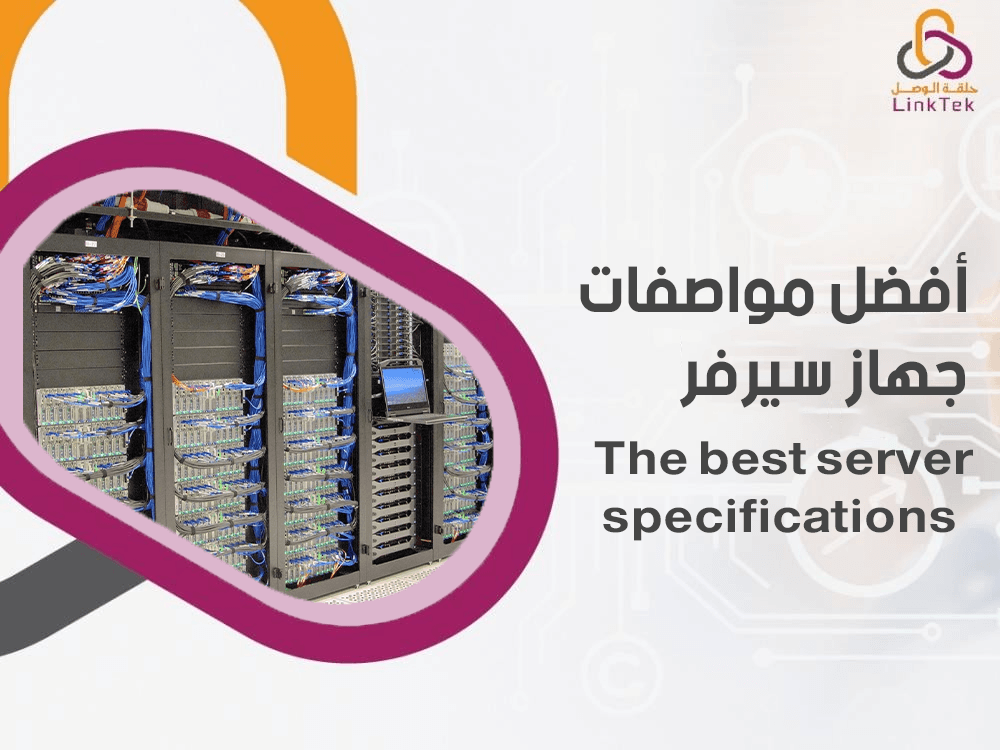
Servers play a crucial role in enabling computers to operate across various networks, providing a range of services to the devices connected to these networks. Therefore, the importance of server hardware and software stems from the devices they serve. What are the best specifications for a server that can provide stable and high performance? What are the core functions of servers? This article will explore these questions.
What Are the Core Functions of Servers? What Are the Best Specifications for High and Stable Server Performance?
To begin with, the basic definition of servers gives you an idea of their specific functions. Servers are devices designed to serve computers, phones, and various other devices, making them a fundamental part of different networks. The core functions of servers can be summarized as follows:
- Data Storage and Management: Servers store vast amounts of information and data of various types, helping to manage different types of data correctly.
- Website Hosting: Hosting websites is one of the primary tasks of servers, allowing them to host websites and facilitate access from anywhere in the world.
- Running Applications and Games: There are specialized types of servers designed to run applications and games.
- Expanding Service Scope: Servers assist different companies in expanding the range of services they offer.
- Ensuring Business Continuity: Servers enable seamless business operations, working automatically without interruptions, thus ensuring continuous service without downtime.
- Security and Protection: Servers provide security and protection for various devices using firewalls, encryption features, and more.
After understanding the importance of servers, achieving optimal performance requires knowing the best specifications for a server that can deliver stable and high performance. The ideal specifications for a server are as follows:
- Processor: The server's performance primarily depends on its processor. To achieve the best performance, a high-performance processor is necessary, such as an octa-core processor.
- RAM (Random Access Memory): The RAM should be substantial for optimal server performance, ideally not less than 64 GB, especially for high-performance applications.
- Operating System: The server should have a stable operating system to operate efficiently, such as Windows, Linux, etc.
- Storage Media: High-efficiency and capable storage media should be used, such as SSDs (Solid State Drives). It is also preferable for the storage media to have easy expandability to upgrade the server's capabilities without issues.
- Motherboard: The motherboard plays a crucial role in server operation, so it should be suitable and compatible with server operations, supporting dual CPU sockets and high-performance memory and processors.
- Network Card: The network card should provide a connection speed of at least 1 Gigabit per second (Gigabit Ethernet), with the option to upgrade for applications that require high performance, such as 10 Gigabit network cards.
- Power Supply: The power supply should be highly efficient, preferably 80 PLUS Platinum or Titanium rated.
Servers are classified into various types depending on the functions they can perform. It is essential to choose a server with the best features that can assist you in completing your different tasks. This requires you to identify the core tasks that the server needs to perform in order to determine the minimum specifications required.

